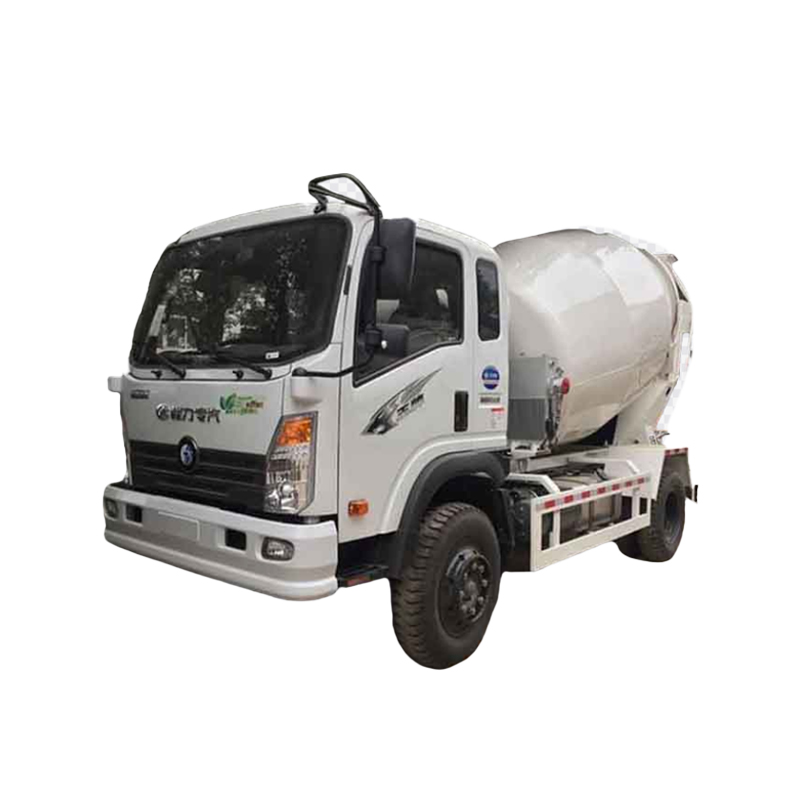This guide provides a detailed overview of articulating knuckle boom truck cranes, covering their features, applications, advantages, disadvantages, and key considerations for selection and operation. Learn about different types, capacity ratings, safety regulations, and maintenance best practices. We’ll also explore how these versatile machines are used across various industries.
Articulating knuckle boom truck cranes are a type of crane mounted on a truck chassis. Their unique design features a series of hinged sections (knuckles) in the boom, allowing for significant reach and maneuverability in tight spaces. This flexibility makes them ideal for a wide range of lifting and placing tasks where access is limited. Unlike telescopic cranes, the boom sections articulate, providing a more flexible reach and often a higher lifting capacity at certain angles.
Key components include the truck chassis, the boom assembly (with its multiple knuckles), the hydraulic system (powering lifting and articulation), and the control system. Many modern models incorporate advanced features like load moment indicators (LMIs) and outrigger systems for enhanced safety and stability. The capacity of articulating knuckle boom truck cranes varies widely, from smaller units suitable for utility work to larger models capable of handling heavier loads.
Articulating knuckle boom truck cranes are available in a variety of sizes and configurations. Capacity is a crucial factor, influencing the weight of loads they can handle. Other factors include the boom length, the number of knuckles, and the type of outriggers. Some models incorporate specialized features such as a grapple for handling materials or a jib extension for added reach.
These versatile cranes find applications across many sectors. Common uses include construction (lifting and placing materials), forestry (handling logs), landscaping (planting trees, moving large objects), and utilities (installing and maintaining equipment). Their maneuverability makes them highly suitable for jobsites with limited access or challenging terrain.
Selecting the right articulating knuckle boom truck crane requires careful consideration of several factors. The primary factor is the anticipated load capacity. Other important considerations include the required reach, the type of work environment, and the necessary safety features. It's crucial to ensure the crane's specifications align with the job requirements.
Understanding the crane's capacity ratings is paramount. Always operate within these limits to prevent accidents. Adherence to local and national safety regulations is mandatory, including regular inspections and operator training. Load moment indicators (LMIs) are crucial safety features that prevent overloading.
Regular maintenance is vital for ensuring the longevity and safe operation of your articulating knuckle boom truck crane. This includes regular inspections of hydraulic systems, boom components, and outriggers. Following the manufacturer's recommended maintenance schedule is essential.
Proper operator training is non-negotiable. Operators must be well-versed in safe operating procedures, including pre-operation checks, load handling techniques, and emergency procedures. Regular refresher training is recommended to maintain proficiency and safety awareness. Suizhou Haicang Automobile sales Co., LTD offers a range of training options for operators of heavy machinery.
While specific model comparisons require further research based on your needs, several reputable manufacturers offer high-quality articulating knuckle boom truck cranes. Researching different manufacturers' specifications, including warranty terms and after-sales support, is a vital step in the selection process.
| Manufacturer | Model Range | Key Features |
|---|---|---|
| Manufacturer A | Model X, Model Y | Feature 1, Feature 2 |
| Manufacturer B | Model Z, Model W | Feature 3, Feature 4 |
Disclaimer: This information is for general guidance only. Always consult with qualified professionals and refer to manufacturer specifications for detailed information before operating or maintaining any machinery.












